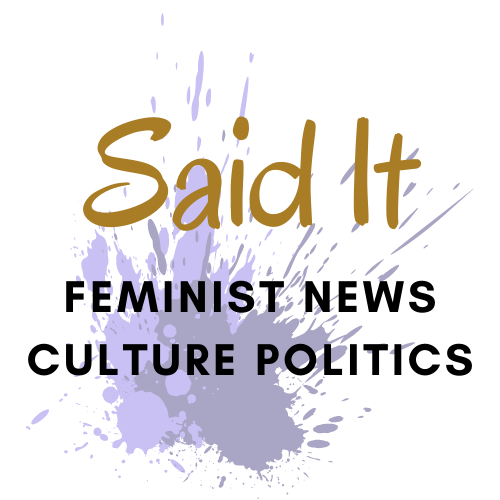Alice Paul, born in 1885 in Moorestown, New Jersey, was a militant and creative leader in her lifelong fight for women’s rights. While in her early 20s, she committed herself to the movement for the women’s right to vote. She was in London earning degrees in law and social work when she linked up with a radical contingency of the suffrage movement. Along with her sister suffragists, she was arrested and jailed several times. When Paul returned to the U.S. in 1910, she was determined to bring the same radical spirit into the tired American struggle for the ballot.
In 1913, she founded the National Woman’s Party, which used similarly dramatic and disruptive tactics that were used in Britain. She stole the limelight at Woodrow Wilson’s inauguration with a gigantic suffrage parade. Along with other suffragists, Paul was arrested, placed in solitary confinement in a psychopathic ward, and was then force-fed.
After World War 1 broke out, tensions grew worse, and pickets by suffragists were frequently threatened by hostile crowds of men. Paul continued to lead pickets at the White House to protest against a government that promised to make the world safe for democracy while denying half its citizens the right to vote.
The Nineteenth Amendment granting women the right to vote was finally ratified in 1920. It is often said that the women’s movement virtually ended after the goal of winning the vote was finally achieved. But the very next year, in 1921, Paul turned her attention to advocating for a constitutional amendment guaranteeing women equal rights, otherwise known as the Equal Rights Amendment. Paul was its author.
In 1923, the ERA was first introduced into Congress. She worked continuously for its passage until her death in 1977. She lived to see Congress pass the ERA in 1972, but the amendment was not ratified, since too few states supported it.
Shortly before she died, Paul reflected on the victory of the suffragists. That “was the most useful thing I ever did,” she said. Paul was also known as an international organizer, and was influential in the creation of the charter of the United Nations.

Recent Comments